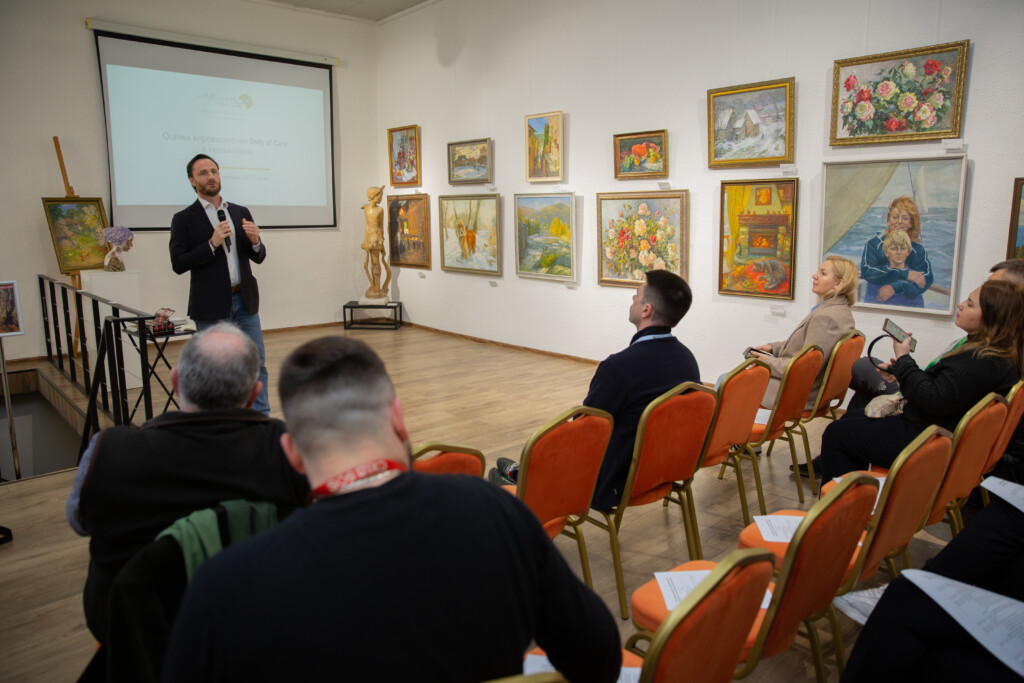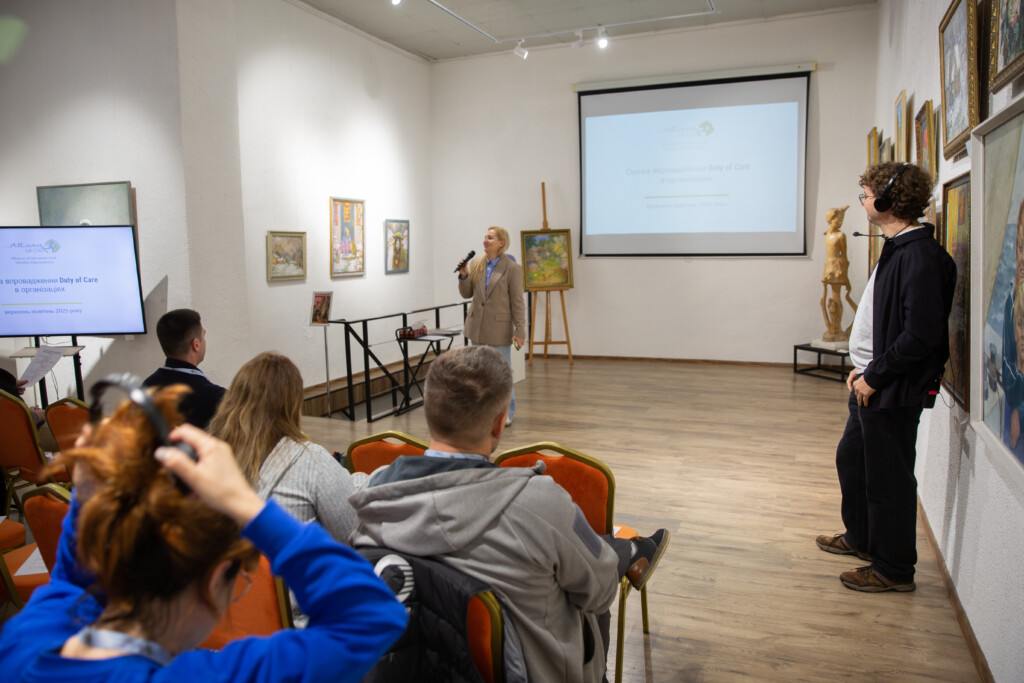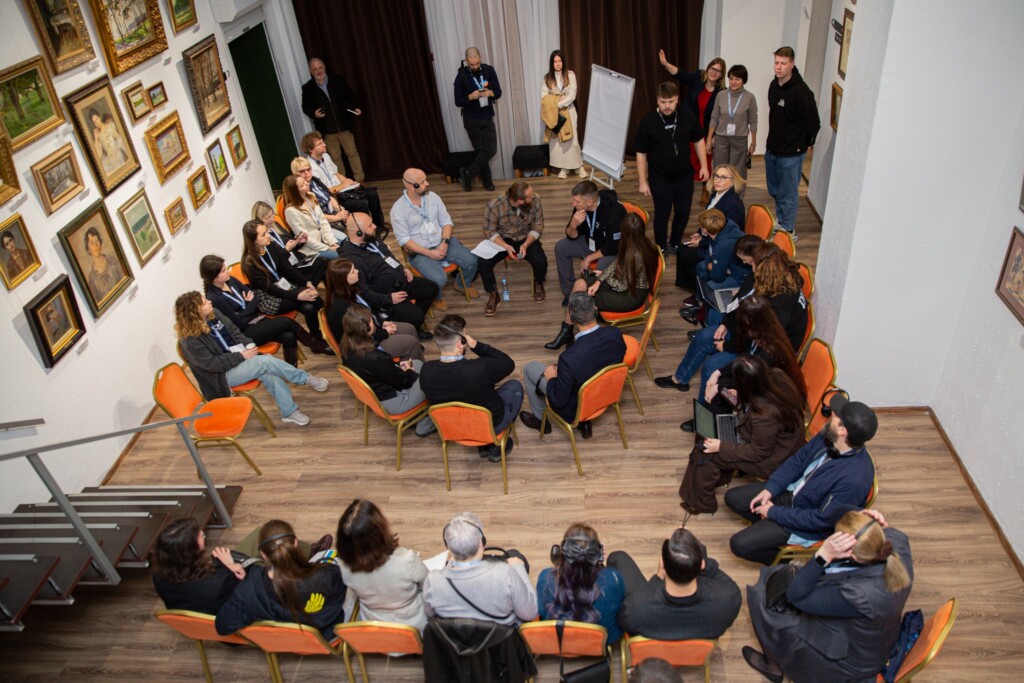Humanitarian Missions Caught in the Fire: East SOS Joined the Discussion on the Duty of Care at a Workshop in Odesa







On November 5–6, 2025, Roman Buhaiov, an Evacuation Worker at East SOS, took part in a conference and workshop organized by the Alliance of Ukrainian Civil Society Organizations to promote a Duty of Care culture in Ukraine. The event, held in Odesa, brought together more than 80 participants, including representatives of volunteer and humanitarian initiatives, international organizations, UN agencies, donor institutions, and government bodies.
russian troops are increasingly targeting evacuation missions. Humanitarian teams face the threat of FPV drone attacks while rescuing civilians and traveling in clearly marked vehicles. Vehicles belonging to humanitarian organizations, the police, and rescue services have repeatedly come under fire during operations to save families with children or animals. These attacks have resulted in fatalities and severe injuries among evacuation workers.
Speaking about the safety of rescuers, Roman Buhaiov emphasized that the situation in frontline areas is changing rapidly, particularly due to the increasing use of FPV drones, which are reshaping how evacuations must be planned and carried out:
“FPV drones are among the most dangerous and least predictable threats today. They strike quickly and with precision, often leaving only seconds to make a decision. That’s why it is critical to equip humanitarian missions with armored vehicles and drone-identification tools, and to have an open conversation about the use of electronic warfare systems to protect evacuation crews, as well as the people and animals they rescue.”
He added that the Duty of Care culture should not be a formality but a genuine standard – one that includes regular training and education, personal protective equipment, health insurance, and programs for psychological and physical recovery after stressful deployments, as well as transparent dialogue about risks.
East SOS bases its conclusions and risk assessments on three years of full-cycle evacuation work, during which the organization has evacuated more than 95,000 people, including over 15,000 individuals with reduced mobility.
During the discussion, Roman Buhaiov stressed that humanitarian organizations must move beyond basic security measures and adopt holistic systems for staff care: “East SOS consistently applies this principle by conducting regular training sessions and team-building activities. We involve specialists in first aid, mine safety, psychological first support, and combating emotional burnout. This strengthens the team’s resilience and readiness to operate in high-risk environments. Our drivers undergo advanced driving courses and acquire skills in working with radar reconnaissance equipment.”
He expressed gratitude to the Alliance of Ukrainian Civil Society Organizations for creating a space where all those involved in humanitarian support – Ukrainian and international organizations, embassies, and government representatives – can come together, exchange experiences, and collaboratively develop effective security and support practices.
Recently, a Board Member of East SOS advocated for the localization of humanitarian support in Geneva.


